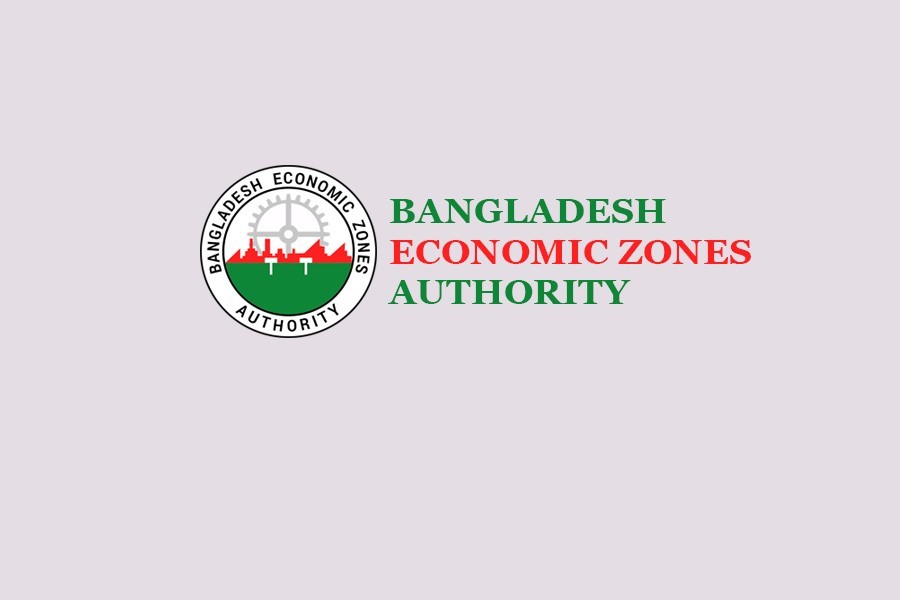The Bangladesh Economic Zones Authority (BEZA) is planning to introduce business continuity plan (BCP) in the economic zones (EZs) to protect investment in the zones from disaster-related loss.
The BCP would also help to develop institutional mechanism for promoting resilience of businesses.
As part of the initiative, an inception workshop on BCP was held at a city hotel on Thursday.
The workshop was jointly organised by the Bangladesh Planning Commission's Programming Division and the BEZA.
The Programming Division is supporting the BEZA for this piloting initiative with the assistance of National Resilience Programme (NRP) - technically supported by UNDP, and funded by FCDO of the UK and SIDA of the Government of Sweden.
Under this initiative, guidelines will be developed for area-specific and enterprise-level BCP, and capacity development training on BCP will be imparted to business administrators and the BEZA officials.
Initially the BCP will be piloted in Bangabandhu Sheikh Mujib Shilpanagar, Mirshari, Chattogram, and Meghna Industrial Economic Zone in Narayanganj.
Professor Rakib Ahsan, team leader for BCP consultants' team, shared the working approaches of BCP at the inception workshop. He mentioned that, BCP will improve business process and risk coverage along with maintaining business operations.
The workshop was chaired by BEZA Executive Member Mohammad Erfan Sharif. Planning Commission's Socio-Economic Infrastructure Division Member Nasima Begum spoke at the workshop as the chief guest.
Among others, Khandker Ahsan Hossain - Chief of Programming Division, Dr. Nurun Nahar - Joint Chief and Project Director, NRP, and Sudipto Mukerjee - Resident Representative, UNDP Bangladesh, spoke on the occasion.
In her address, Nasima Begum emphasized stakeholders' engagement as well as sense of ownership in implementation of BCP.
Sudipto Mukerjee underscored the need for data accuracy in risk analysis, and suggested socialization of BCP. Mohammad Erfan Sharif called for consideration of the Fourth Industrial Revolution (4IR)-related issues in formulating development plans.
A total of 50 representatives from different ministries, divisions, and business associations participated in the event.


